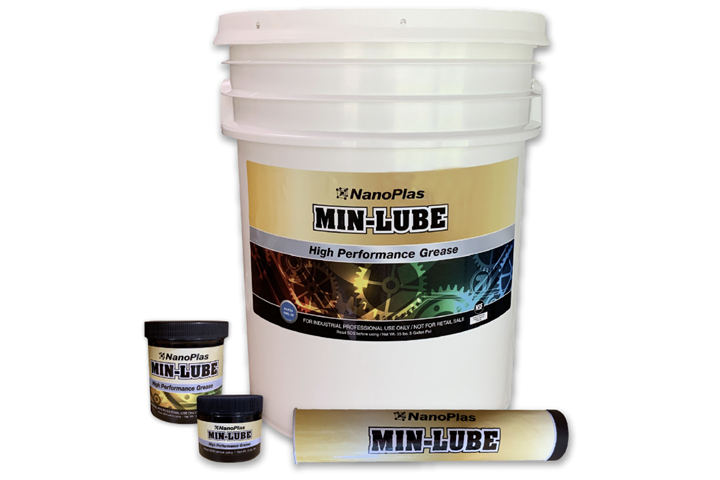Universal Lubricant Designed for Injection Molds, Extreme Manufacturing Environments
PCS Company presents Min-Lube, an advance grease offering thermal, oxidative and mechanical stability for high-wear, high-temperature applications.
PCS Company is now distributing Min-Lube, an advanced universal lubrication product designed for extreme high-temperature, high-wear mold and die applications as well as food and pharmaceutical manufacturing environments.
Min-Lube is made in the U.S. with a premium-quality, environmentally suitable ISO 100-rated oil base that is combined with a proprietary calcium sulfonate complex and a carefully selected additive package. The lubrication product offers thermal, oxidative and mechanical stability. Plus, Micronox is added to provide antimicrobial protection to prevent degradation of the product.
According to Paul Hauser, product manager at PCS, Min-Lube also contains no metals, PTFE or silicone. Rather, use of a nano organic pressure additive maintains a high level of lubricity and wear protection, enabling optimized grease uniformity and a reduced chance that the grease will dry out. Hauser explains that during intense pressure, the nano organic additives polish the structure of the steel, creating a smoother surface.
More notable features of the versatile lubricant include:
- Working temperature range: -15°F to 550°F
- NSF Nonfood Compound Category Code: H1
- High load bearing properties
- High corrosion protection
- Highly resistant to water, steam, acid and many chemicals
- Optimized thermal and oxidative stability.
Min-Lube grease is available from PCS in two-ounce jars, 16-ounce jars, 16-ounce cartridges, or five-gallon pails.
Related Content
-
Portable Low-Heat, Non-Arcing Resistance Welder for Mold Repair
Rocklin’s user-friendly MoldMender Micro Welder delivers simple and cost-effective localized repair in-house with precision and versatility, enhancing mold and die durability and reducing disassembly and downtime.
-
Precision Welding Services Offer Rapid Turnaround Mold Repair and Reduced Molder Downtime
X-Cell Tool & Mold relies on outsourced, high-quality welding repairs from Lewis-Bawol Welding to ensure its customers' molds are back in production quickly and affordably.
-
How to Use Thermal Management to Improve Mold Cooling
A review of common mold cooling issues and possible solutions, including 3D printing applications.
















